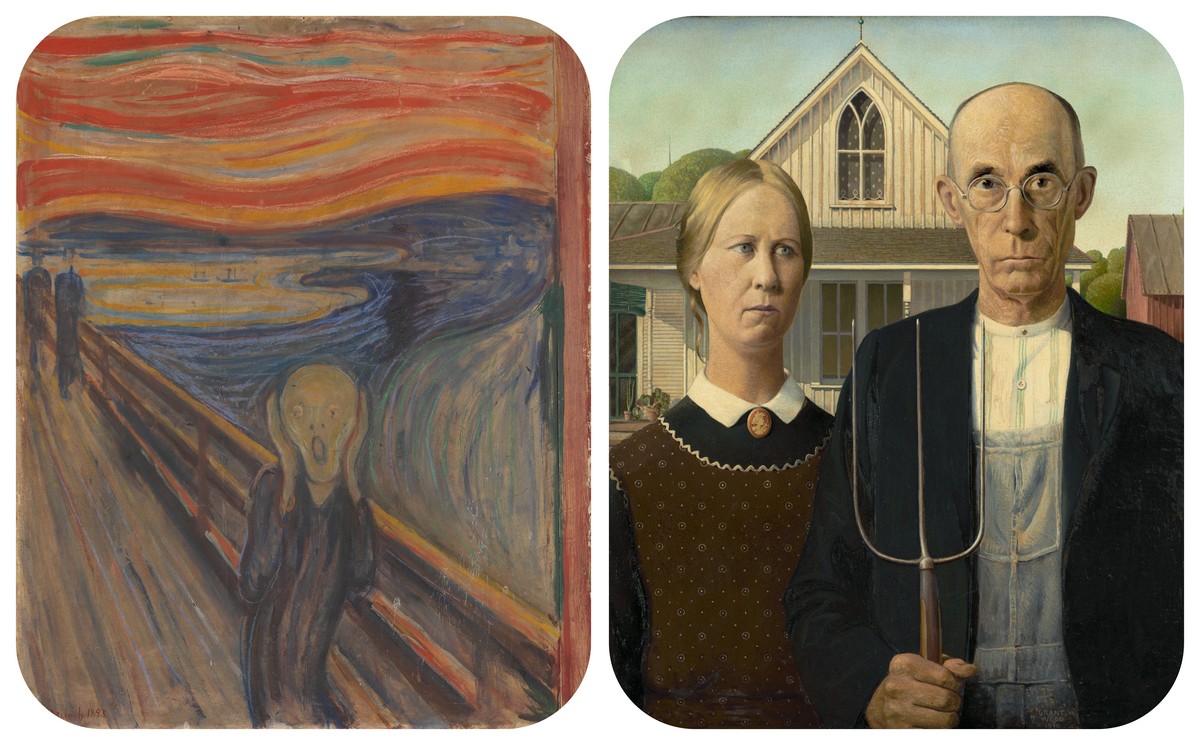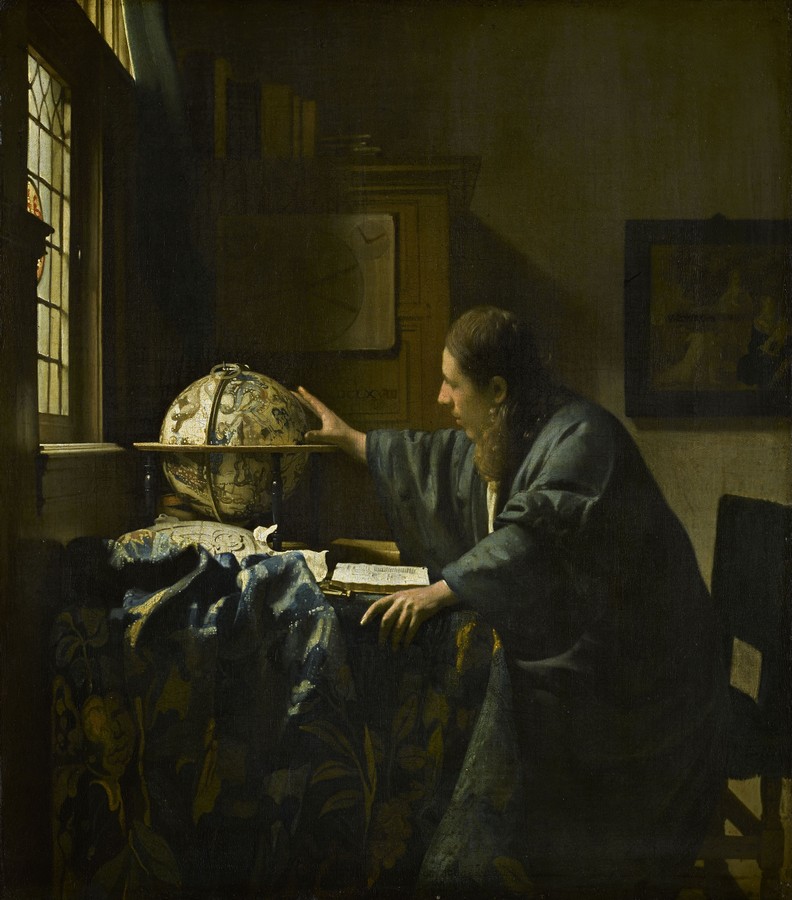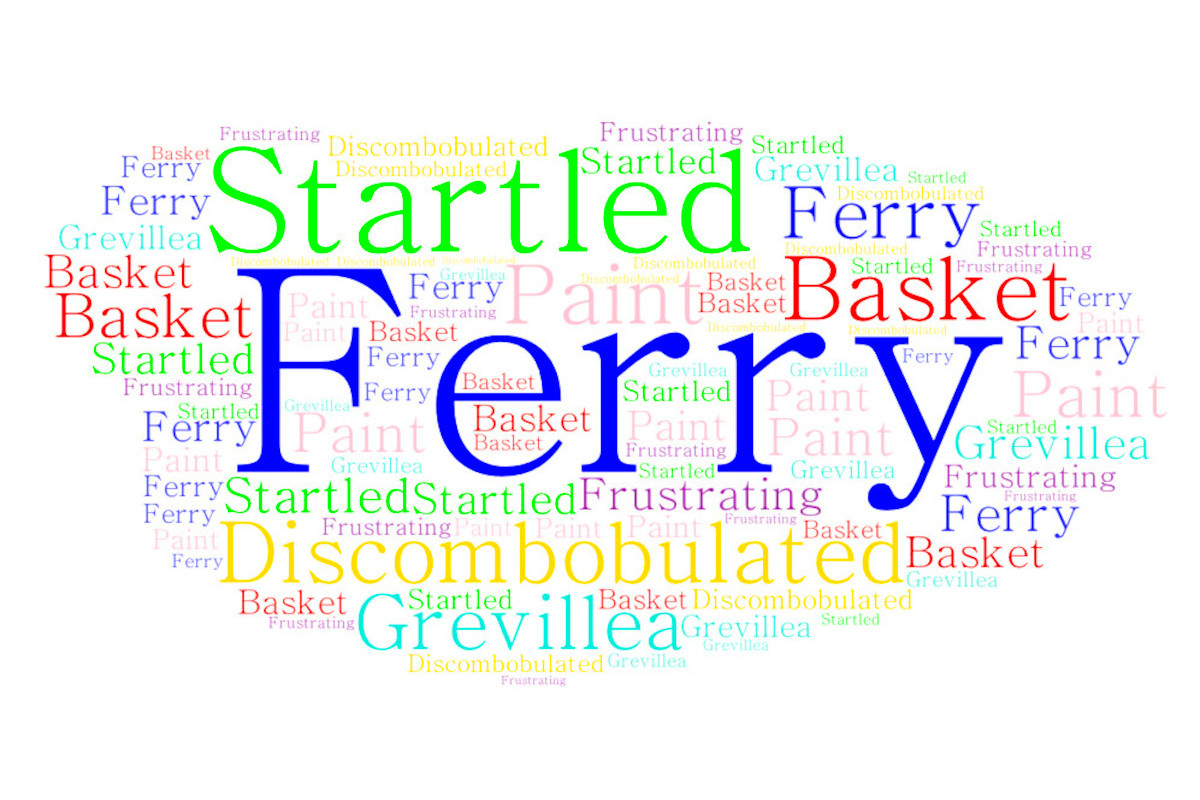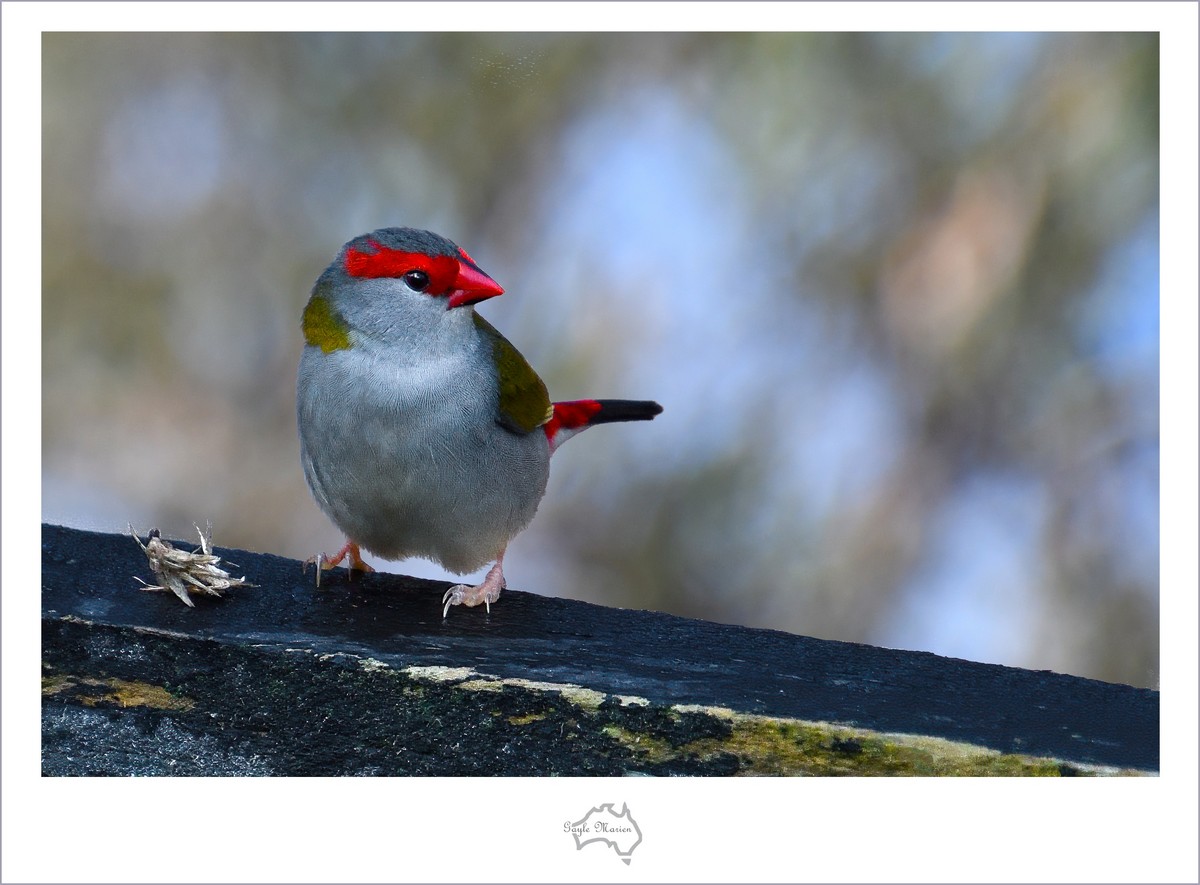Writing competitions are a great way to get feedback. If you win or place, great, you know your story is good, perhaps amazing. If you make it to the short list, or even the long list, you know your story has merit. This is all positive stuff. Does it mean the story that wasn’t mentioned has no merit? It shouldn’t and you shouldn’t interpret it that way. Rather, ask yourself, what did the winning stories have that mine didn’t?
Read the Judges Report
Many competitions receive hundreds, sometimes even thousands of entries. In these circumstances some good stories will miss out, not because they are not good, but because the winners were spectacular. Your task is to figure out what made them spectacular. If you have access to the judge’s report, start there. They will tell you why they chose the winners. What did they like about the winning stories? Does your story have these qualities?
Read the Winning Stories
First, read the winning stories simply for the story. Did you like them? Ask yourself why. Read them again, this time with an analytical eye. Can you see the qualities the judges sought in the winning stories? Now read your own story again; can you rewrite to encompass the qualities you and the judges saw in the winners?
Seek Constructive Feedback
Seek help from your fellow writers or from your local writing group. Ask for honest and constructive criticism. Some competitions offer critiques for a small additional fee; it might be wise to take advantage of this. You might also like to seek out professional critiques which come at a cost but can be very helpful. Many organisations and individuals offer critique services for short stories.
Review, Rewrite and Try Again
If, following this analysis, you are happy your story has what it takes, submit it to a different competition. One of my stories was awarded a first prize on its eleventh submission. But if you think you could do better, take the time to rewrite before trying again.
What do the Judges Look For?
First and foremost, your story should have a strong plot, believable and engaging characters, and an opening sentence that compels the reader to continue. Grammar and spelling are important, and all the formatting rules for the competition should be satisfied. Read the judges’ reports and you will find they are also likely on the lookout for:
- Creativity and imagination
- A story that develops through to a dramatic conclusion
- Descriptive writing
- Natural dialogue
- A conflict faced or a problem to be solved
- A character who grows in some way
- A relevant ending that speaks for itself; it should not have to be explained
- An uncommon perspective / a fresh look at something
- A story that makes the reader think
- A compelling title that fits the story
- Relevance–no unnecessary backstory
- No clichés
In conclusion, don’t be deterred. Review, rewrite and try again.














